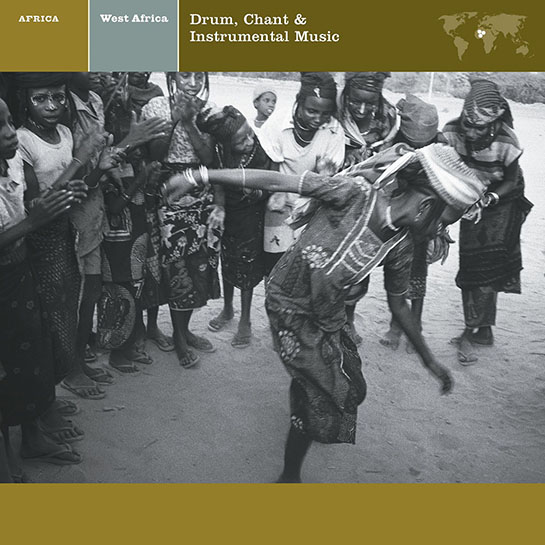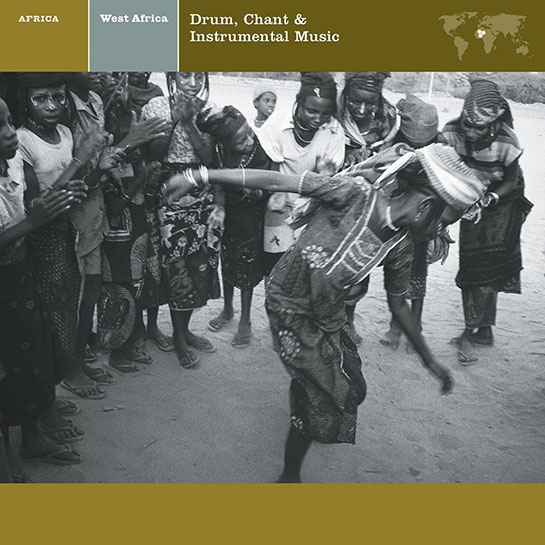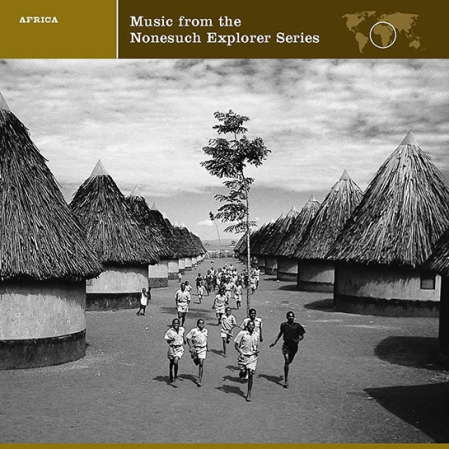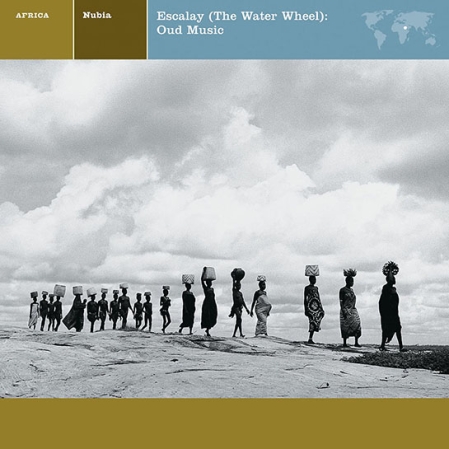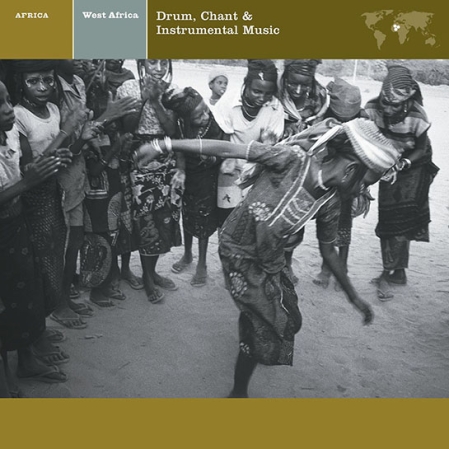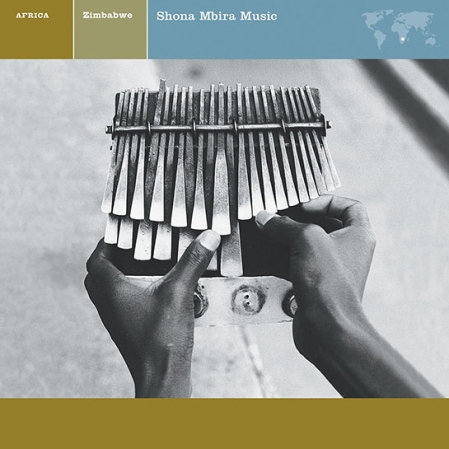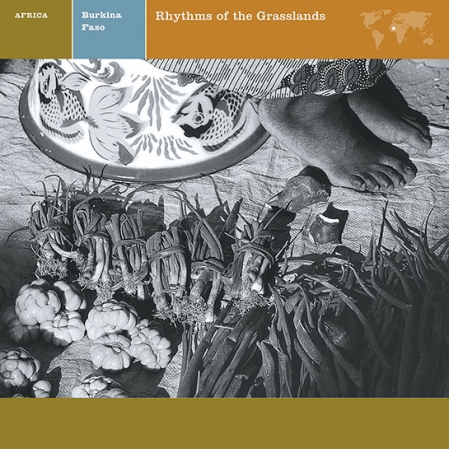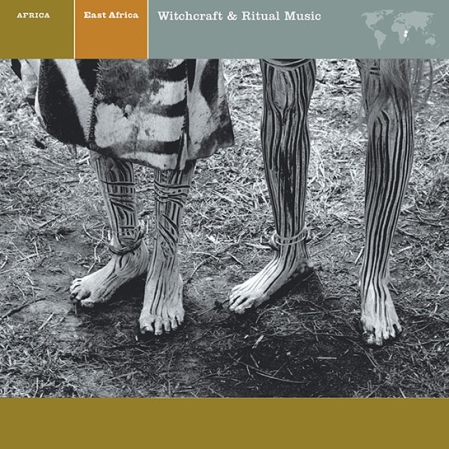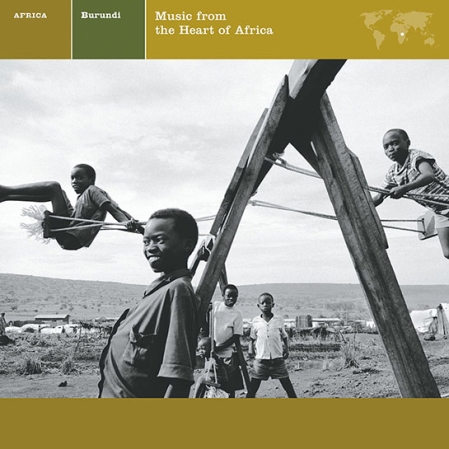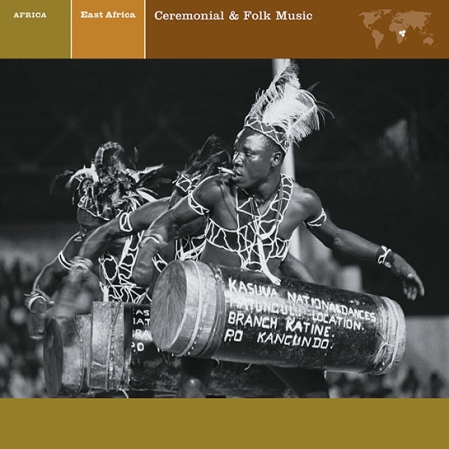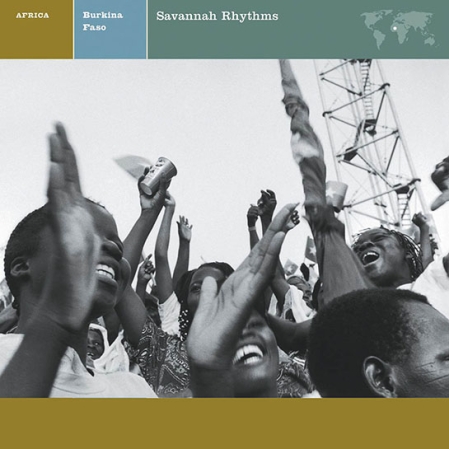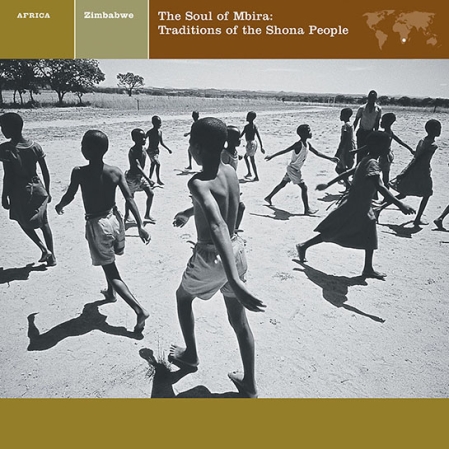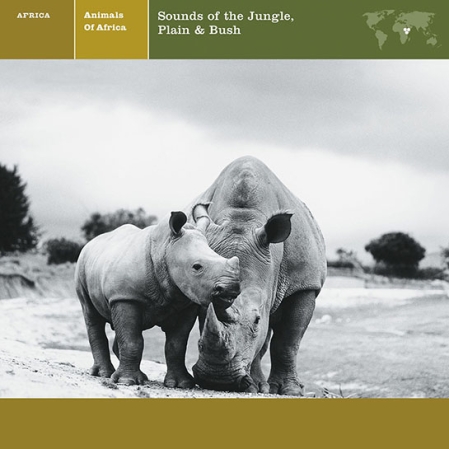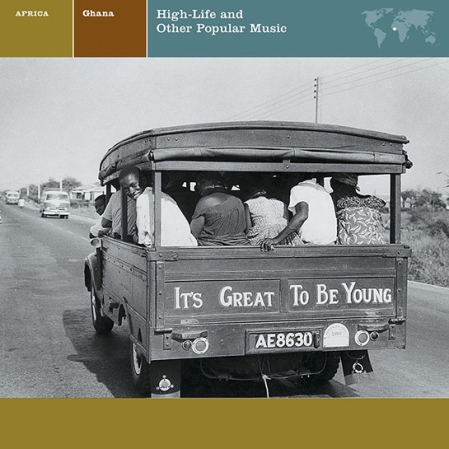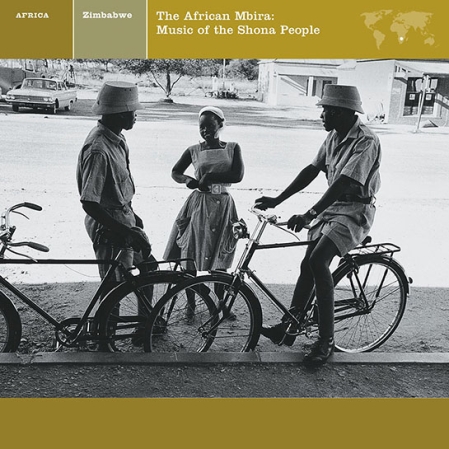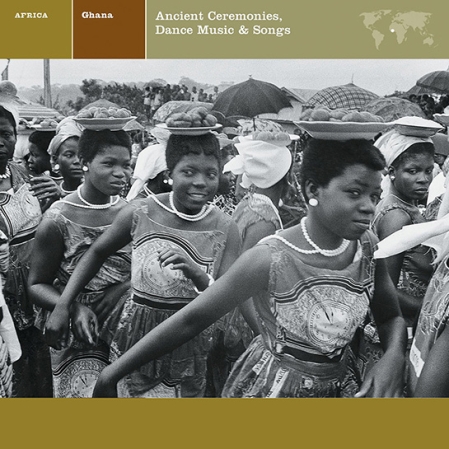From the semi-arid bush country of Niger, Mali, and Burkina Faso comes the energetic, animated ceremonial and ritual music performed here by professional musicians including pitched-drum master Isah Hamani; also featuring field recordings of simple work songs, minstrel tunes, and other folk music of daily life played on reeds, lute, and drums.
Originally released in 1976 as Africa: Drum, Chant & Instrumental Music
In order to provide a historical context for this recording, the liner notes that accompanied its original release have been reprinted in full below. The text has not been edited to reflect changes in general cultural perceptions or specific factual information that may have occurred since then.
—Ed.
The people of the semi-arid bush country of West Africa depend on music to nourish nearly every phase of their lives. In the ceremonies and rituals celebrating birth, marriage, initiations, and formal religious worship, music prescribed for the occasion is performed by professional musicians and constitutes an essential element of the event. Ordinary daily activities are surrounded by many types of folk music, such as work songs, solo instrumental improvisations, medicinal music, the music of wandering minstrels, spontaneous songs, and music performed purely for the participants’ enjoyment. Dedicated young musicians are often heard practicing from sunrise to sunset. Even the young children form musical groups that can be heard beating out captivating rhythms on bottles, kerosene tins, and other objects.
African gods are believed to be great music-lovers who scorn performances that lack energetic animation. The quantity and variety of music in African society reflect the deeply religious attitude of the people. Besides passing on philosophical knowledge from one person or group to another, religious music helps to create and strengthen the unity between the people’s beliefs and their everyday lives. Striving constantly for perfection in every aspect of their music, Africans illustrate the reality of an old saying: “When the music is sweet, even the crippled will wish to dance.”
—STEPHEN JAY, 1976
PRODUCTION CREDITS
Originally released in 1976 as Africa: Drum, Chant & Instrumental Music (H-72073).
Recorded in Niger, Mali, and Burkina Faso by Stephen Jay
Editing & mastering: Robert C. Ludwig, Masterdisk Corp.
Coordinator: Teresa Sterne
Re-mastered by Robert C. Ludwig
Design: Doyle Partners
Cover Photography: © Guy Le Querrec/Magnum Photos
1993. Niamey, Niger. Near the stadium.
79709
